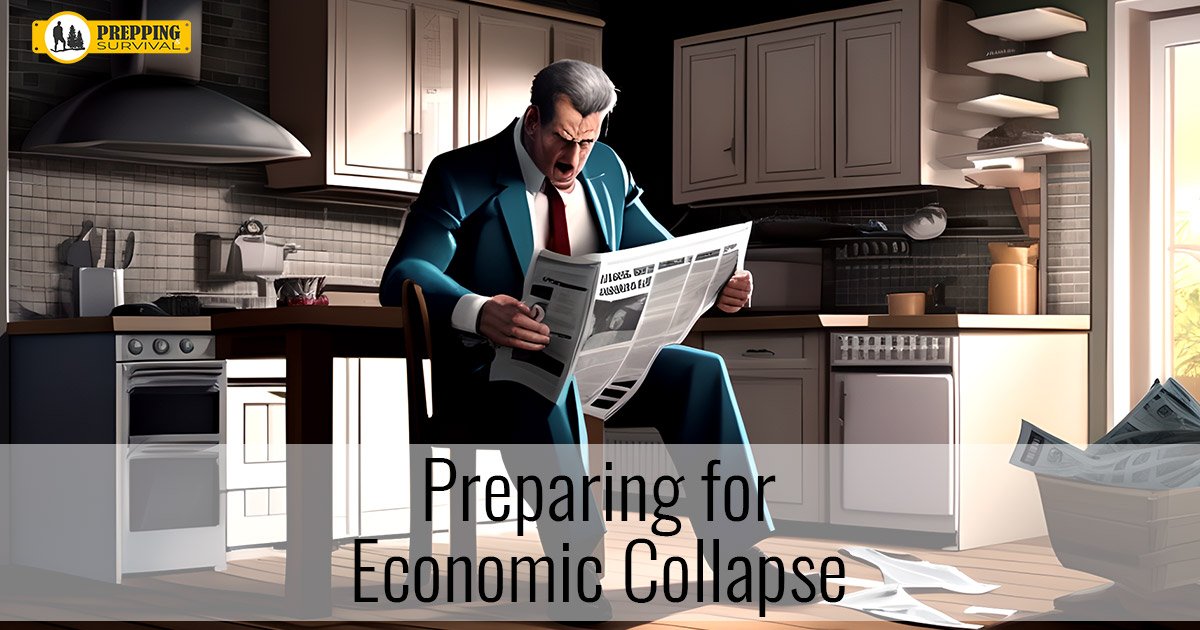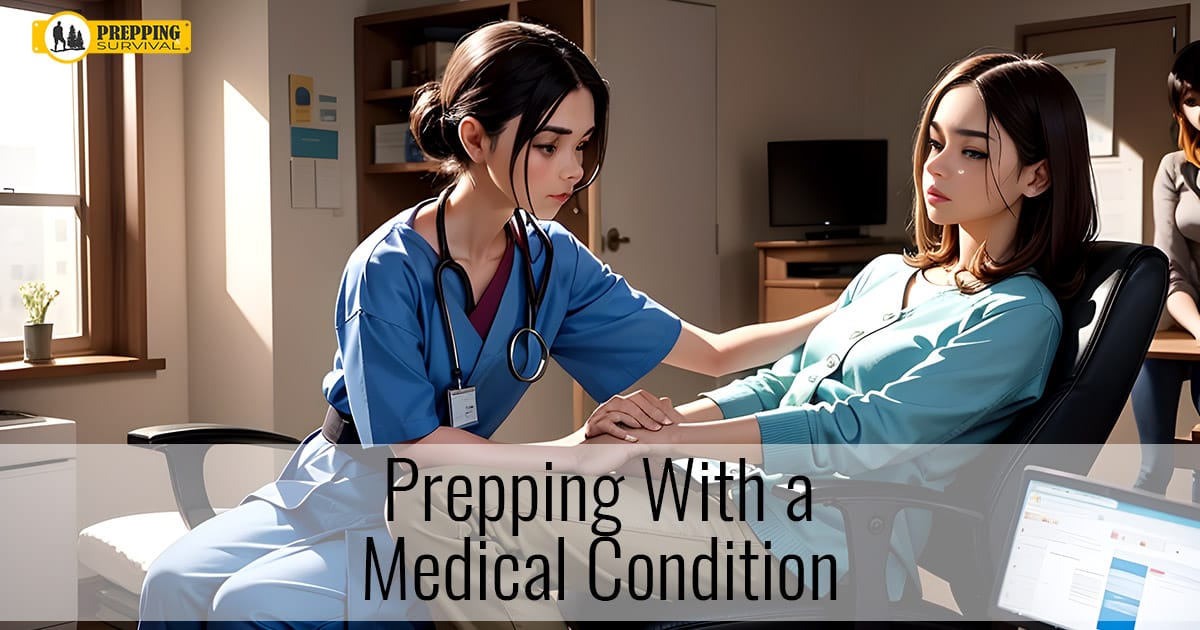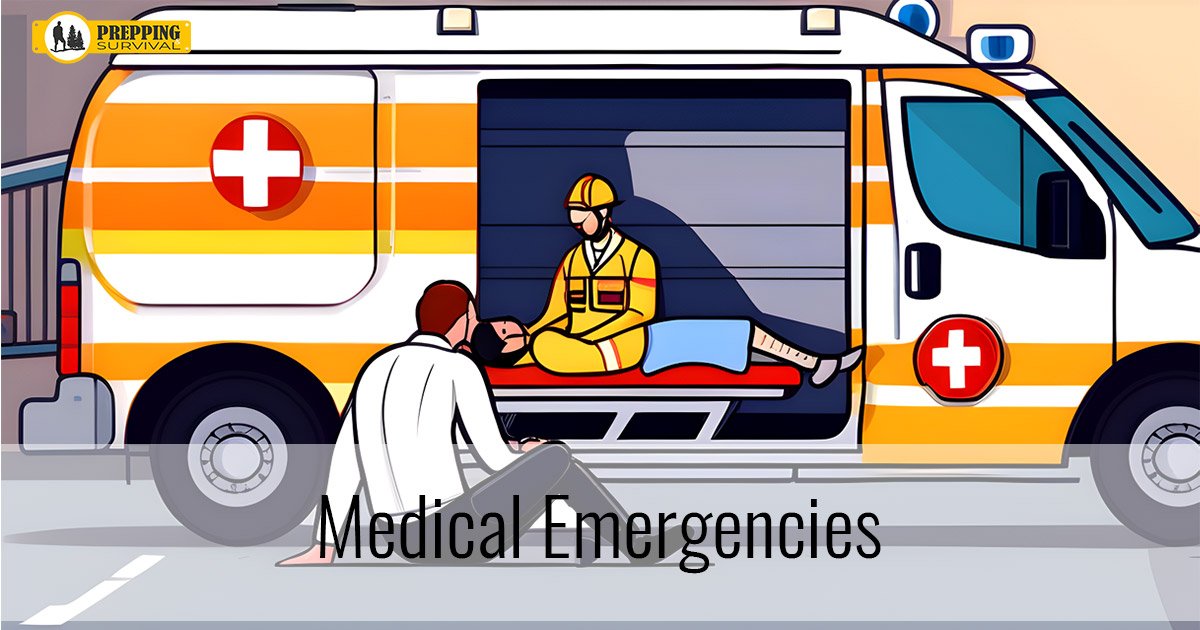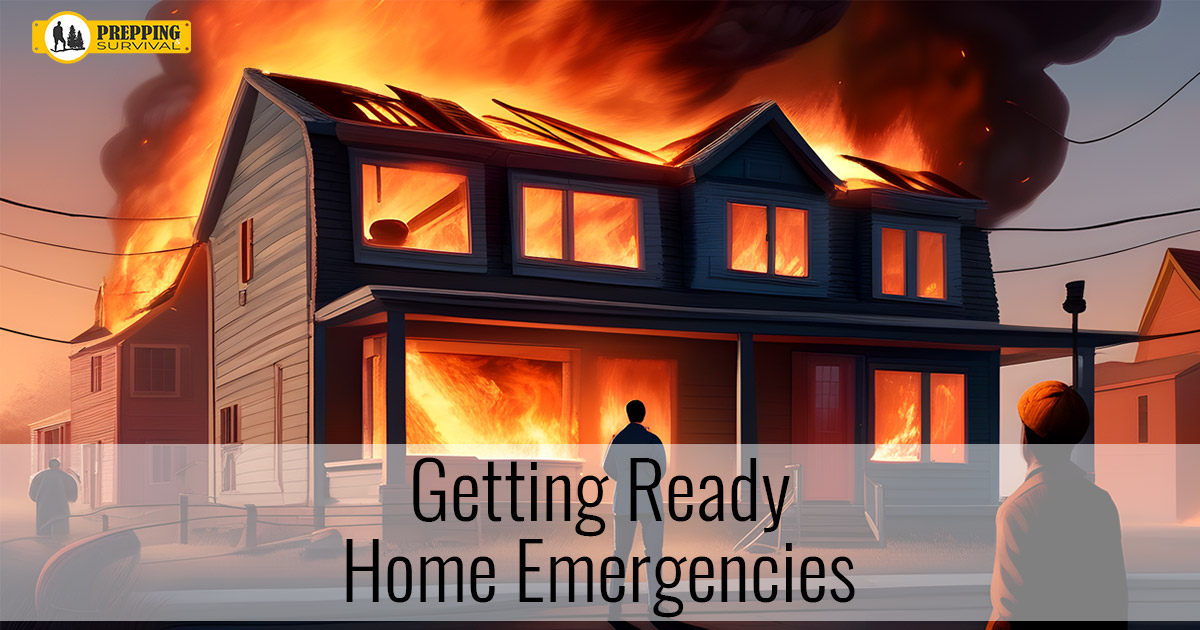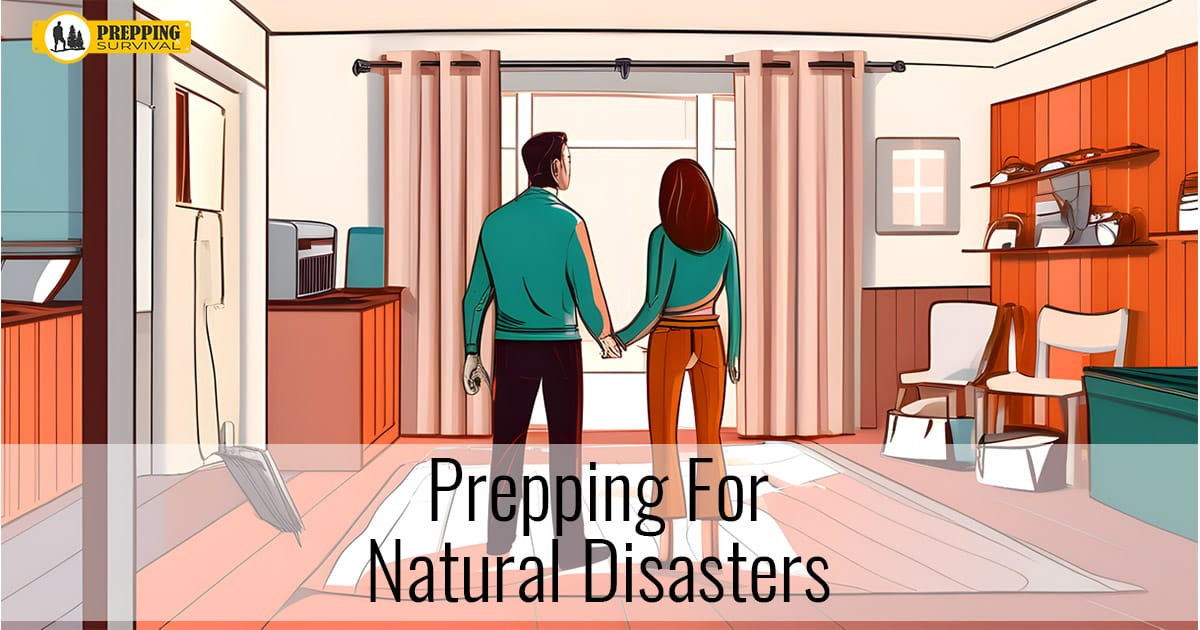Prepping for someone with a medical condition
You know, when you’re gearing up for emergencies, prepping for someone with a medical condition really throws a wrench in the works. It’s not just about having a few extra cans of beans or bottled water in the pantry. Nope, it requires serious planning, making sure everyone’s safe and sound—especially those special health needs.
Medical condition specifics
First off, it’s crucial to get handle on what the family member or someone with a medical condition needs. You gotta know their health issues inside out, the meds they take, any devices they need, and what kind of care they require regularly.
Once you’ve got all that info down, it’s time to put together an effective emergency plan. With a clear understanding of their medical needs, make sure you’ve got a stash of essential meds and medical supplies. This could mean keeping a backup stock of prescription drugs, over-the-counter stuff, and any critical gear they rely on.
Keep an eye on those expiration dates, too. Rotate your supplies so nothing goes to waste. And don’t just stop at collecting supplies—having a detailed plan for medical emergencies is key.
This blueprint should cover how to handle the person’s condition in different scenarios—be it at home, on the road, or in a shelter. Include steps for giving meds, using medical devices, and doing any necessary procedures.
It’s smart to have a written summary of the medical condition, the treatment plan, and emergency contacts handy—maybe even waterproof it. Education is another biggie. Everyone in the family should be clued in about the condition and know how to help out in a pinch.
This could mean learning how to administer medication, run medical equipment, or even doing first aid or CPR. Signing up for professional training courses can arm you with crucial know-how for when things get hairy.
And let’s talk about staying in touch with healthcare providers. Chatting with your family member’s doctors about your emergency plan can provide valuable insights and suggestions. They might offer tips on handling stress, tweaking medication doses, or other important points for emergencies.
Building a support network is a smart move, too. This could be neighbors, friends, or relatives who are in the loop about the medical condition and are ready to lend a hand if needed.
In a crisis, having a circle of informed folks who can jump in with help or resources is priceless. Lastly, think about the logistics of leaving the house or staying put.
If you’ve got to evacuate, figure out how you’ll move all that medical gear. If you’re sheltering in place, make sure your home is set up to meet those medical needs, like having a backup power source for essential devices.
Short-term water storage
When prepping for someone with a medical condition, short-term water storage means ensuring you have a convenient supply that can sustain you for a couple of days or weeks, taking into accocunt also the special needs that may occur due to medical condition.
The suggested minimum is one gallon of water (cca 3.8 liters) per person daily, covering the drinking, cooking, and basic hygiene needs. This suggests a family of four should intend to keep a minimum of 120 gallons of water (cca 450 liters) for a 30-day period.
Commercially mineral water is ideal for short-term storage because it’s correctly dealt with and sealed. If you’re filling your containers yourself, always pick food-grade, BPA-free plastic containers or glass bottles, and ensure the water is treated with purification tablets or household bleach (odorless) to eliminate any pathogens.
Always keep the stored water in a cool, dark location to inhibit algae development and examine it every six months, changing it if and when required.
Conclusion
Getting ready for an emergency and prepping for someone with a medical condition is no walk in the park. It takes careful planning, teamwork, and a bit of learning. But by crafting a solid preparedness plan, you’re putting the health and safety of your loved ones, especially those with unique medical needs, at the forefront. And let me tell you, that kind of peace of mind is worth its weight in gold when things go south.
You may also like
